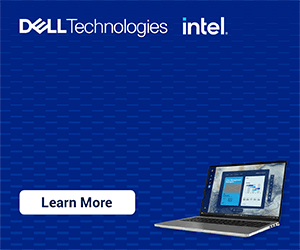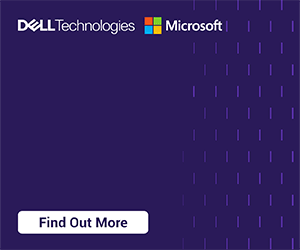Latest
Dell PowerStore Is The Smart Choice For All-flash Storage
The AI-accelerated PowerStore storage platform delivers next-level performance, comprehensive security, and radical simplicity to enable tomorrow’s boldest ideas. Seize more storage...
It's Time To Equip Your Customers With A Dynamic Resiliency Engine For Their Enterprise
Now you can help them preempt their challenges and move confidently toward their goals with game-ready storage. PowerStore gives them the protection and the agility to be ready for anything. ...
Why Dell PowerStore Leaves Pure Storage Behind
Enterprise storage decisions have long-term consequences. Pure’s architecture may look simple on a slide, but in practice their architecture is limited. Their per-model capacity limits result in...
Popular
Newsletters
Get the ETP newsletter in your inbox every week and read enterprise technology news, trends and guidance that can help drive successful business outcomes.
All newsletter subscriptions are subject to The Channel Company's terms of service and privacy policy.








